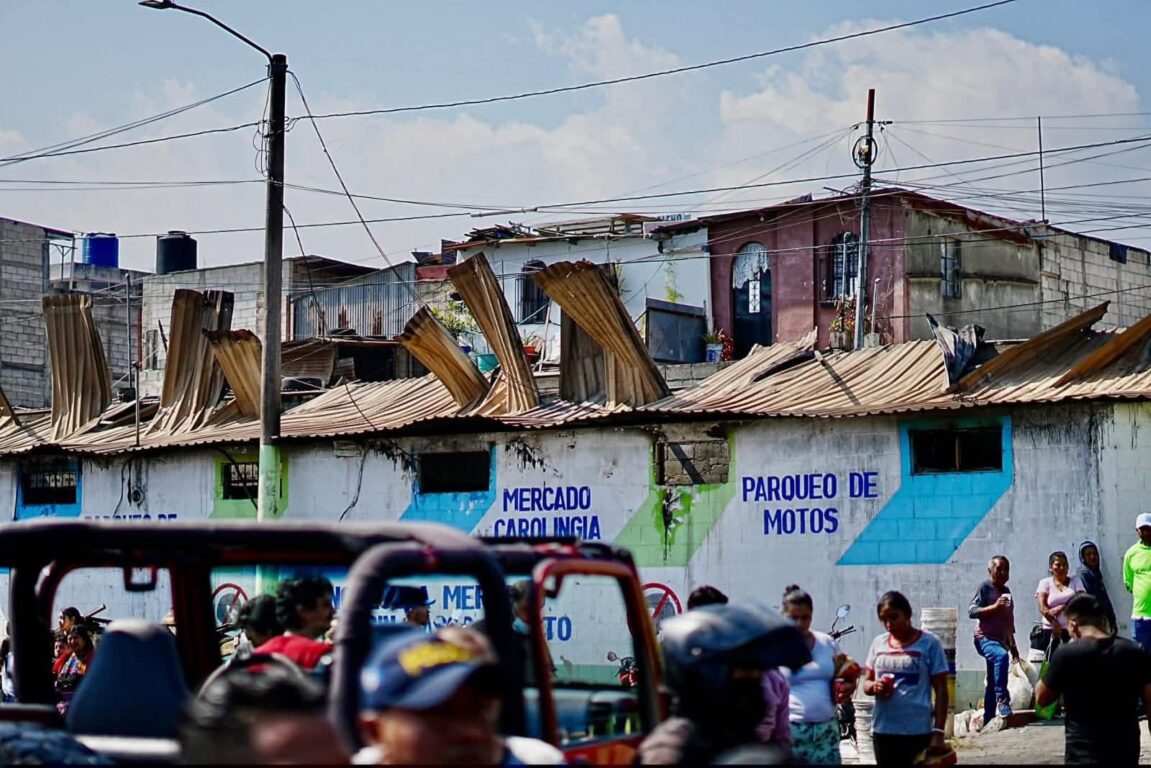International Workers’ Day celebrated on the First of May commemorates the historic struggle of working people throughout the world. It is also recognition of the Global Workers Movement and people unite to express their international solidary.
The history of Workers’ Day goes back to the 1886 Haymarket Affair in Chicago, where police tried to disperse a large crowd of striking workers who was protesting for a shorter work day of eight hours. An unidentified assailant threw a bomb at the policemen, and law officers then proceeded to fire live ammunition at a defenseless crowd of unarmed strikers.
Though, it wasn’t until 1891, after successful annual demonstrations on 1 May around the globe, that Workers’ Day was formally inducted into the official calendars of many countries. Since then, the working class has celebrated Workers’ Day across the world to emphasize the need to establish fair labour practices and employment standards.
Workers in the informal sector also needs to have their plight recognised as the informal sector makes a considerable contribution to production, creation of employment and income generation in developing countries. The informal sector is also a source of sustenance for the majority of the poor, unskilled and socially marginalised population, especially women.
The important determinant of the informal sector in many countries is high prevalence of poverty. Thus, people seek for alternative means of survival or other ways of supplementing their income. Consequently, the best alternative found for poverty alleviation and income is to engage into an informal activity since the social security provided by the government is not sufficient for the entire household.
Government needs to be responsible for Informal workers in the following areas:
- Labour rights (freedom of association, right not to be discriminated against, equal opportunities, etc.)
- Employment and income security (including security of workplace)
- Access to social protection (including maternity protection and health cover)
- Right to representation in social dialogue and collective negotiations.
StreetNet believes that social spending is an investment in anti-poverty measures. Not only does social protection, protect and empower people, it is a foundation for sustainable and inclusive economic growth.
Informal workers work in unregulated and unprotected conditions with little or no access to social protection. Safe and decent working conditions for informal workers also depend on national and local government, as they should cater to the needs of informal workers.
Social Protection Floors is based on a basic package of securities, which is proper healthcare, food security, childcare and public infrastructure. Public infrastructure consists of access to water, sanitation, proper trading spaces, waste disposal and transport. Workers in informal employment should be represented in all institutions where decisions are made that affect their lives.
The central government should be involved in creating an environment to support the informal sector operators. The Law should recognise informal workers as business individuals contributing to the economy and make provisions for them.
StreetNet is a worker organisation that broadens, networks and represents their members through national and international structures. It is recognised as the voice of informal workers and is respected for its policies, programmes and campaigns.


